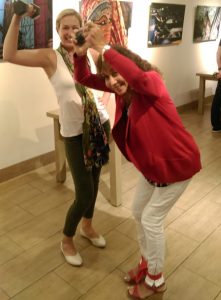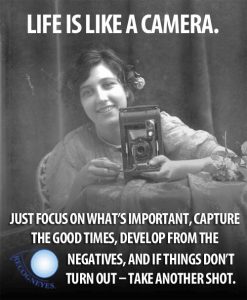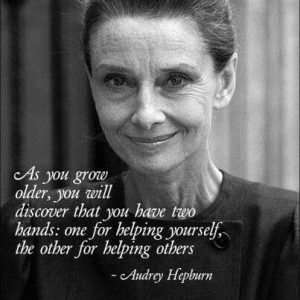http://www.7memories.com/wp-content/uploads/2017/04/logomem-300x138.jpg
0
0
Patricia Benesh
http://www.7memories.com/wp-content/uploads/2017/04/logomem-300x138.jpg
Patricia Benesh2017-08-31 13:57:342017-08-31 14:17:39Throwback Thursday: Walking in Your Parents' Shoes
http://www.7memories.com/wp-content/uploads/2017/04/logomem-300x138.jpg
0
0
Patricia Benesh
http://www.7memories.com/wp-content/uploads/2017/04/logomem-300x138.jpg
Patricia Benesh2017-08-23 15:42:542017-08-23 15:42:54Alzheimer's Diagnostics
http://www.7memories.com/wp-content/uploads/2017/04/logomem-300x138.jpg
0
0
Patricia Benesh
http://www.7memories.com/wp-content/uploads/2017/04/logomem-300x138.jpg
Patricia Benesh2017-08-18 08:04:232017-08-18 15:06:56Funny Friday: The Light in the Fridge
http://www.7memories.com/wp-content/uploads/2017/04/logomem-300x138.jpg
0
0
Patricia Benesh
http://www.7memories.com/wp-content/uploads/2017/04/logomem-300x138.jpg
Patricia Benesh2017-08-17 01:03:252017-08-17 01:14:55Sage Advice from 97-year-old BJ
http://www.7memories.com/wp-content/uploads/2017/04/logomem-300x138.jpg
0
0
Patricia Benesh
http://www.7memories.com/wp-content/uploads/2017/04/logomem-300x138.jpg
Patricia Benesh2017-08-11 14:21:082017-08-11 14:21:08Marijuana: Memory Loss or Dementia Therapy?
http://www.7memories.com/wp-content/uploads/2017/04/logomem-300x138.jpg
0
0
Patricia Benesh
http://www.7memories.com/wp-content/uploads/2017/04/logomem-300x138.jpg
Patricia Benesh2017-08-03 14:33:172017-08-03 14:33:17Memory Cafes: Bringing Fun and Friendship to Older Adults
http://www.7memories.com/wp-content/uploads/2017/04/logomem-300x138.jpg
0
0
Patricia Benesh
http://www.7memories.com/wp-content/uploads/2017/04/logomem-300x138.jpg
Patricia Benesh2017-08-01 15:15:322017-08-01 15:15:32How are You Refocusing as You Age?
http://www.7memories.com/wp-content/uploads/2017/04/logomem-300x138.jpg
0
0
Patricia Benesh
http://www.7memories.com/wp-content/uploads/2017/04/logomem-300x138.jpg
Patricia Benesh2017-07-28 13:45:482017-07-28 14:30:25BJ: The 97-year-old "Poster Child" for Purposeful Aging
http://www.7memories.com/wp-content/uploads/2017/04/logomem-300x138.jpg
0
0
Patricia Benesh
http://www.7memories.com/wp-content/uploads/2017/04/logomem-300x138.jpg
Patricia Benesh2017-07-27 14:15:352017-07-27 15:04:24How Purposeful Aging Slows Memory Loss
http://www.7memories.com/wp-content/uploads/2017/04/logomem-300x138.jpg
0
0
Patricia Benesh
http://www.7memories.com/wp-content/uploads/2017/04/logomem-300x138.jpg
Patricia Benesh2017-07-26 14:59:172017-07-26 15:08:02Partner to Write a Memoir: It's About Time
Scroll to top








